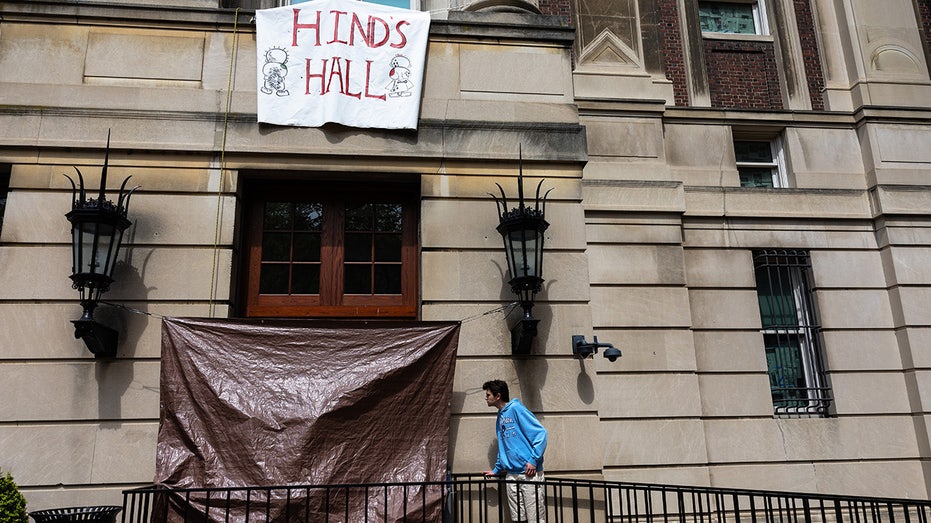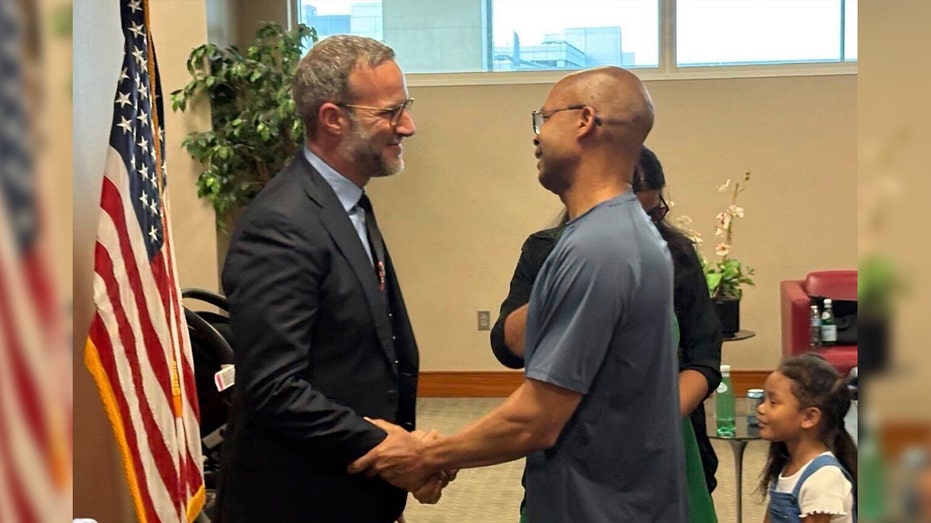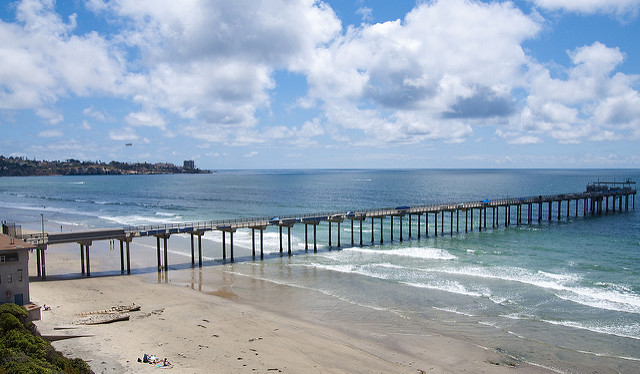Context Cues: Three Books Help Explain The Moment
Yesterday, Rick Hess, Mike Petrilli, Nicole Kelly, Bob Eitel, and I discussed Trump’s “First 100 Days” on education at an event convened by Rick and AEI. Most interesting takeaway? Across the spectrum, there are concerns about two things. First, a shared worry that the illiberalism of the left is being replaced—though we disagreed on the degree—by a rising … Continue reading "Context Cues: Three Books Help Explain The Moment"

Yesterday, Rick Hess, Mike Petrilli, Nicole Kelly, Bob Eitel, and I discussed Trump’s “First 100 Days” on education at an event convened by Rick and AEI. Most interesting takeaway? Across the spectrum, there are concerns about two things.
First, a shared worry that the illiberalism of the left is being replaced—though we disagreed on the degree—by a rising illiberalism on the right. I argued that most Trump executive actions aren’t about ending things like DEI, litmus tests, free speech issues, or due process violations, but about channeling power in new political directions. The new DEI of the right isn’t any better than the DEI of the left.
Second, general agreement that the Trump Administration doesn’t—at least yet—have its act together. Two of the panelists are pretty favorably disposed toward Trump, so their concerns are worth noting, even if you apply a discount to the ones Mike and I raised. And even if you just skim, Rick’s final question is a really good one.

Next Tuesday, May 6, on LinkedIn, Mark Walsh and I will discuss recent Supreme Court cases, including the Oklahoma religious charter case and what it might signal.
Also May 6, for the Campaign for Grade Level Reading’s Learning Tuesdays, I’ll moderate a conversation with school and security experts on whether “hardening the target” is the best way to keep kids safe—or if schools should focus more on getting upstream of problems.
On May 8, I’ll be at the SDP Convening at Harvard for a morning plenary on the past and future federal role in education research with Derrell Bradford, Sonja Santelises, Angela Minnici, and Chris Minnich.
May 12, Bellwether’s Sarah Broome and I will talk about Medicaid and why what’s happening in Congress matters for schools.
Want Eduwonk.com in your inbox via Substack? Sign up for free here.
For today, books.
I’m still struck by how many people say things like “Joe Biden was a great president,” “the American people suck,” or “Trump was inevitable.” These views tend to dodge any serious reckoning with the possibility that Democrats, in part, helped set the stage for the current mess.
The American people don’t suck. They’re just intensely frustrated that government and large systems aren’t responsive. Trump wasn’t inevitable. The modern presidency is pretty impossible, and while Biden did some good things that will endure, his handling of inflation (minimized and denied), Afghanistan (bungled and denied), and education (policies seemingly calculated to inflame education polarization and alienate moderates) was political malpractice. He left office with lower approval ratings than Trump—after January 6. That’s a bad way to do politics.
Three recent books, from different angles, explore the dynamics underlying much of this. So rather than wait for the holidays, here are some recommendations for right now. Understanding how we got here is a prerequisite for figuring out where to go.

Much of the education debate today is downstream of pandemic-era decisions. The pandemic unleashed the “Wild One” dynamic, still playing out in various forms. That narrative, though, is now filtered through contemporary politics. David Zweig has receipts. In An Abundance of Caution, he shows how politics, tribalism, and groupthink undermined trust in schools, public health, and Democrats—all at once.
Some of that was preference falsification and opportunism. But much of it traces back to how we consume information. My advice: don’t take anyone seriously on “follow the evidence” or “misinformation” unless they acknowledge what a broad problem this is.
In March 2020, I wrote in The 74 that we needed to move fast to head off learning loss. For that, I was called indifferent to the pandemic (at the time I was moonlighting as an EMT, so…not entirely indifferent), anti-equity, and other more colorful things. As Zweig notes, it was the kids Democrats say they care about most—including Black kids—who took the hardest hits. An education sector obsessed with “equity” did the opposite when pressured. The lack of reckoning about all that isn’t a 2021 problem. It’s a 2025 one.
That brings us to Steven Wilson, ousted from the charter network he founded in part for resisting the suddenly fashionable – again -idea that content and knowledge were “white,” things and arguing that denying them to Black kids in the name of social justice or equity was both wrong and self-defeating.
Wilson’s new book, The Lost Decade, explores these themes. It’s an important look at the politics underneath the Politics. It helps explain two things. First, why an elite driven movement that nonetheless prides itself on its “cultural competence” really isn’t. And second, why, in the era of Trump, Republicans are nonetheless making some inroads on education.
The New York Times interviewed Wilson here. The headline is telling. These days, someone with conventionally liberal views is treated like an uncontacted tribesman.
So what to do? Marc Dunkelman has ideas. In Why Nothing Works, he argues that efforts to restrain another Robert Moses have hobbled government’s ability to function—and that’s fueling public frustration and populism and discrediting those who believe government can be a force for progress.
Abundance is getting the buzz (despite ignoring education), but Dunkelman’s book asks the harder questions about why abundance is complicated—and what it really takes to deliver it.
Want Eduwonk.com in your inbox via Substack? Sign up for free here.







































































